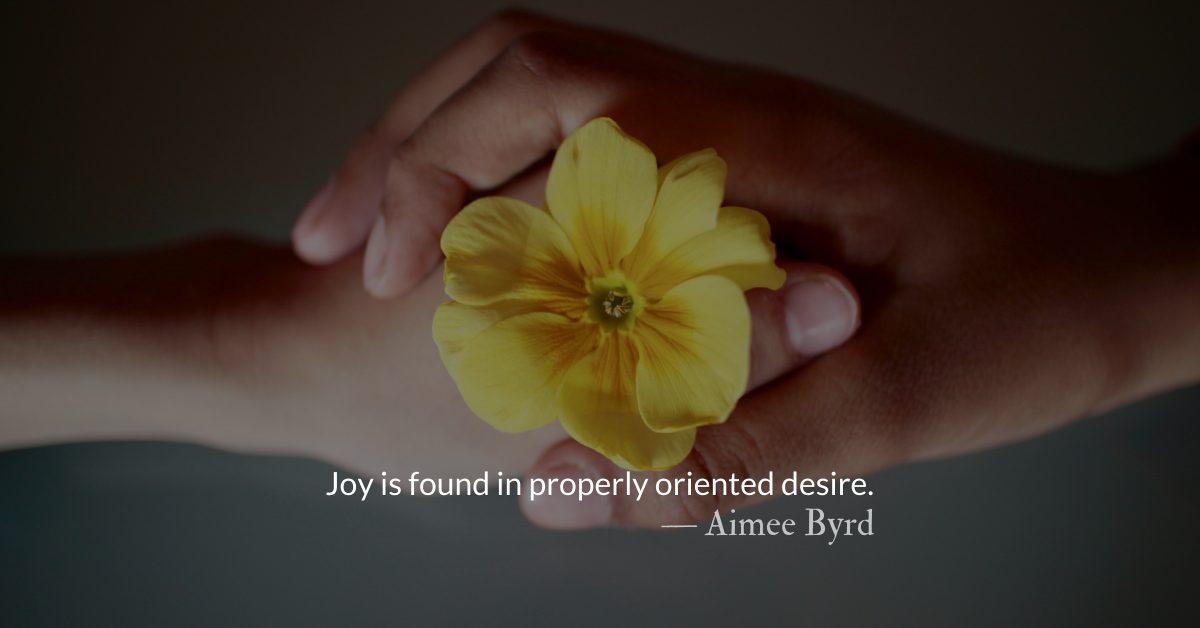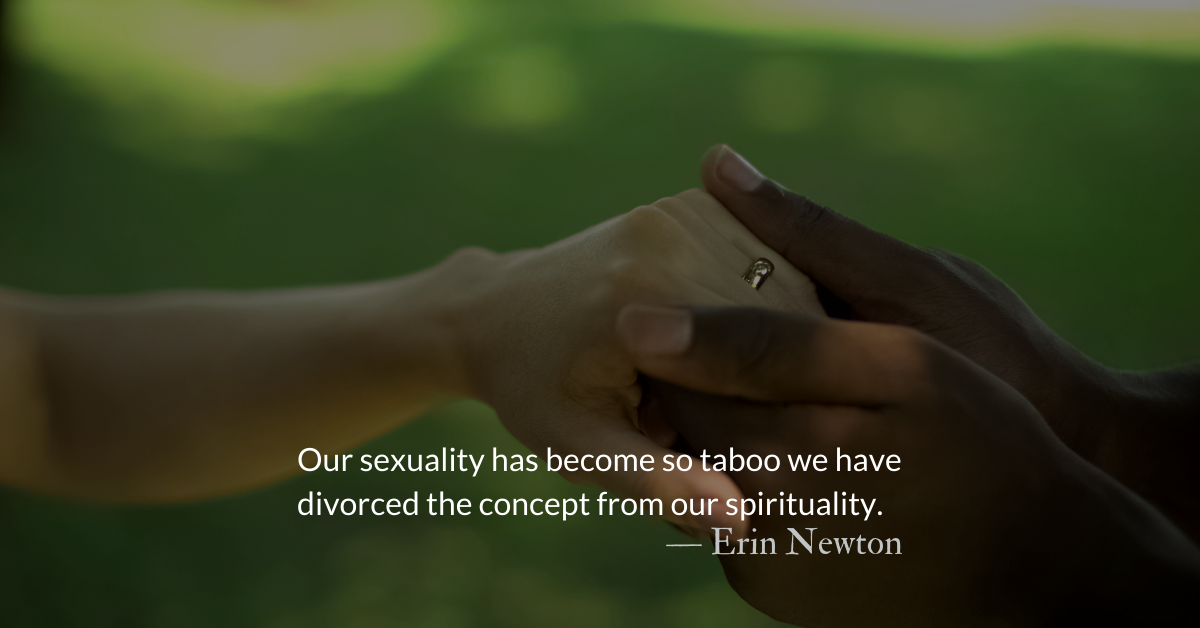Scripture Focus: Song of Songs 7.10-12
10 I belong to my beloved,
and his desire is for me.
11 Come, my beloved, let us go to the countryside,
let us spend the night in the villages.
12 Let us go early to the vineyards
to see if the vines have budded,
if their blossoms have opened,
and if the pomegranates are in bloom—
there I will give you my love.
Reflection: Proper Desire
By Erin Newton
If we overheard this kind of mushy, lovey-dovey, colorful language, many of us would turn red. In this chapter, we are privy to the most intimate description of the woman. It is incredibly flattering; he loves everything about her.
In response, she suggests that they run off to a romantic getaway. Interjected into this proposal, she reaffirms their mutual commitment.
Just like the previous chapter, she is for her lover. In this case, the second half of the line declares that her lover’s desire is for her. Is this sexual impulse, authoritarian rule, or something more?
Debate has occurred over the term “desire.” It is used only three times in the Old Testament. After the fall in Genesis 3, the woman is said to desire her husband. Sin desires to consume Cain due to jealousy. And finally, the lover desires the woman. The rarity of the word draws attention to its use.
In Genesis 3, the mutual relationship between the man and woman in Eden was suddenly disrupted. This fall from paradise produces “one of the most grievous ills of our world: the unequal power relation between woman and man that has been a feature of nearly every society from biblical times to the present” (Ellen Davis). Her desire after the Fall still entailed her longing for the man as it was in Eden but the new order was a distortion of their relationship.
When viewed in light of creation and the fall, it is desire which seeks to return people to proper communion. Aimee Byrd, in The Sexual Reformation, sees desire as the longing to restore the pre-Fall relationship between men and women.
In the Song of Songs, restoration between the man and woman is exemplified in the lovers’ relationship. She is fully committed to him. He longs for her in a way that echoes the woman’s desire in Genesis 3. Let us redirect our desire to restore unity that was lost in Genesis.
In this picturesque view of intimacy, it is important to realize that despite the ideal nature of their relationship, the lovers can never satisfy their deepest longings. Aimee Byrd aptly warns, “Unlike the many resources marketed to Christians today, it isn’t found in so-called biblical manhood or womanhood. Unlike the many who oppose them, it isn’t found in egalitarianism…Joy is found in properly oriented desire.” And that desire is found in Christ, our Bridegroom.
Divine Hours Prayer: The Refrain for the Morning Lessons
My eyes are upon the faithful in the land, that they may dwell with me. — Psalm 101.6
– From The Divine Hours: Prayers for Springtime by Phyllis Tickle.
Today’s Readings
Song of Songs 7Listen – 1:55)
Psalm 120-122(Listen -2:12)
Read more about Love is Not a Panacea
Why would we interpret sin on her part for being slow to rise and not sin on the man’s part for being absent in the first place?
Read more about Love Without Red Flags
“I am for my lover, and my lover is for me.” This literal translation reveals the self-giving attitude of the husband and of the wife. They are for one another.











